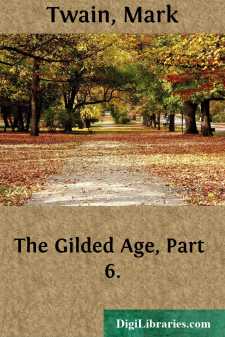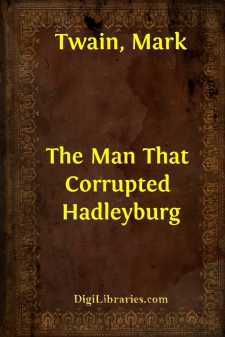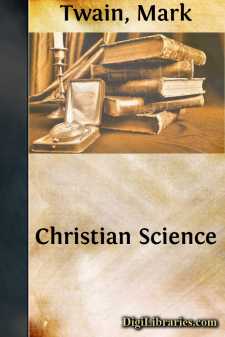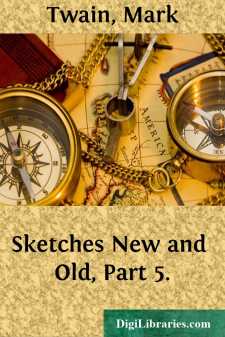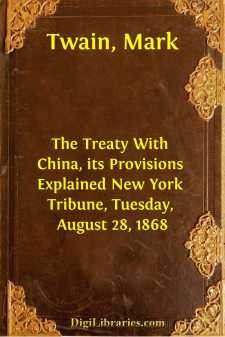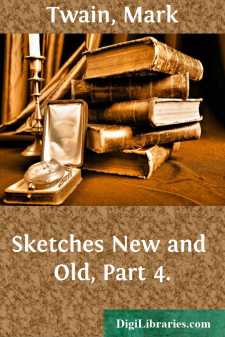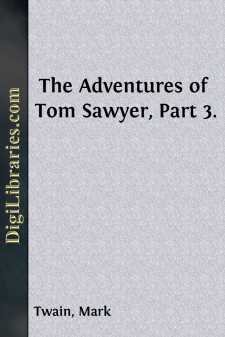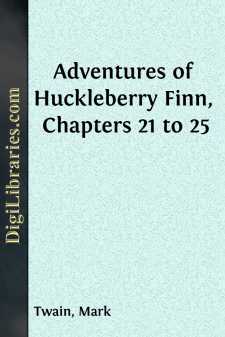Categories
- Antiques & Collectibles 13
- Architecture 36
- Art 48
- Bibles 22
- Biography & Autobiography 816
- Body, Mind & Spirit 145
- Business & Economics 28
- Children's Books 17
- Children's Fiction 14
- Computers 4
- Cooking 94
- Crafts & Hobbies 4
- Drama 346
- Education 58
- Family & Relationships 59
- Fiction 11834
- Foreign Language Study 3
- Games 19
- Gardening 17
- Health & Fitness 34
- History 1378
- House & Home 1
- Humor 147
- Juvenile Fiction 1873
- Juvenile Nonfiction 202
- Language Arts & Disciplines 89
- Law 16
- Literary Collections 686
- Literary Criticism 179
- Mathematics 13
- Medical 41
- Music 40
- Nature 179
- Non-Classifiable 1768
- Performing Arts 7
- Periodicals 1453
- Philosophy 66
- Photography 2
- Poetry 897
- Political Science 203
- Psychology 45
- Reference 154
- Religion 516
- Science 126
- Self-Help 85
- Social Science 82
- Sports & Recreation 34
- Study Aids 3
- Technology & Engineering 59
- Transportation 23
- Travel 463
- True Crime 29
Our website is made possible by displaying online advertisements to our visitors.
Please consider supporting us by disabling your ad blocker.
The Gilded Age, Part 6.
by: Mark Twain
Description:
Excerpt
CHAPTER XLVI.
Philip left the capitol and walked up Pennsylvania Avenue in company with Senator Dilworthy. It was a bright spring morning, the air was soft and inspiring; in the deepening wayside green, the pink flush of the blossoming peach trees, the soft suffusion on the heights of Arlington, and the breath of the warm south wind was apparent, the annual miracle of the resurrection of the earth.
The Senator took off his hat and seemed to open his soul to the sweet influences of the morning. After the heat and noise of the chamber, under its dull gas-illuminated glass canopy, and the all night struggle of passion and feverish excitement there, the open, tranquil world seemed like Heaven. The Senator was not in an exultant mood, but rather in a condition of holy joy, befitting a Christian statesman whose benevolent plans Providence has made its own and stamped with approval. The great battle had been fought, but the measure had still to encounter the scrutiny of the Senate, and Providence sometimes acts differently in the two Houses. Still the Senator was tranquil, for he knew that there is an esprit de corps in the Senate which does not exist in the House, the effect of which is to make the members complaisant towards the projects of each other, and to extend a mutual aid which in a more vulgar body would be called "log-rolling."
"It is, under Providence, a good night's work, Mr. Sterling. The government has founded an institution which will remove half the difficulty from the southern problem. And it is a good thing for the Hawkins heirs, a very good thing. Laura will be almost a millionaire."
"Do you think, Mr. Dilworthy, that the Hawkinses will get much of the money?" asked Philip innocently, remembering the fate of the Columbus River appropriation.
The Senator looked at his companion scrutinizingly for a moment to see if he meant any thing personal, and then replied,
"Undoubtedly, undoubtedly. I have had their interests greatly at heart. There will of course be a few expenses, but the widow and orphans will realize all that Mr. Hawkins, dreamed of for them."
The birds were singing as they crossed the Presidential Square, now bright with its green turf and tender foliage. After the two had gained the steps of the Senator's house they stood a moment, looking upon the lovely prospect:
"It is like the peace of God," said the Senator devoutly.
Entering the house, the Senator called a servant and said, "Tell Miss Laura that we are waiting to see her. I ought to have sent a messenger on horseback half an hour ago," he added to Philip, "she will be transported with our victory. You must stop to breakfast, and see the excitement." The servant soon came back, with a wondering look and reported,
"Miss Laura ain't dah, sah. I reckon she hain't been dah all night!"
The Senator and Philip both started up. In Laura's room there were the marks of a confused and hasty departure, drawers half open, little articles strewn on the floor. The bed had not been disturbed. Upon inquiry it appeared that Laura had not been at dinner, excusing herself to Mrs. Dilworthy on the plea of a violent headache; that she made a request to the servants that she might not be disturbed.
The Senator was astounded. Philip thought at once of Col. Selby. Could Laura have run away with him? The Senator thought not. In fact it could not be. Gen. Leffenwell, the member from New Orleans, had casually told him at the house last night that Selby and his family went to New York yesterday morning and were to sail for Europe to-day.
Philip had another idea which, he did not mention. He seized his hat, and saying that he would go and see what he could learn, ran to the lodgings of Harry; whom he had not seen since yesterday afternoon, when he left him to go to the House.
Harry was not in. He had gone out with a hand-bag before six o'clock yesterday, saying that he had to go to New York, but should return next day. In Harry's-room on the table Philip found this note:
"Dear Mr. Brierly:—Can you meet me at the six o'clock train, and be my escort to New York? I have to go about this University bill, the vote of an absent member we must have here, Senator Dilworthy cannot go.Yours, L. H."
"Confound it," said Phillip, "the noodle has fallen into her trap. And she promised she would let him alone."
He only stopped to send a note to Senator Dilworthy, telling him what he had found, and that he should go at once to New York, and then hastened to the railway station....


